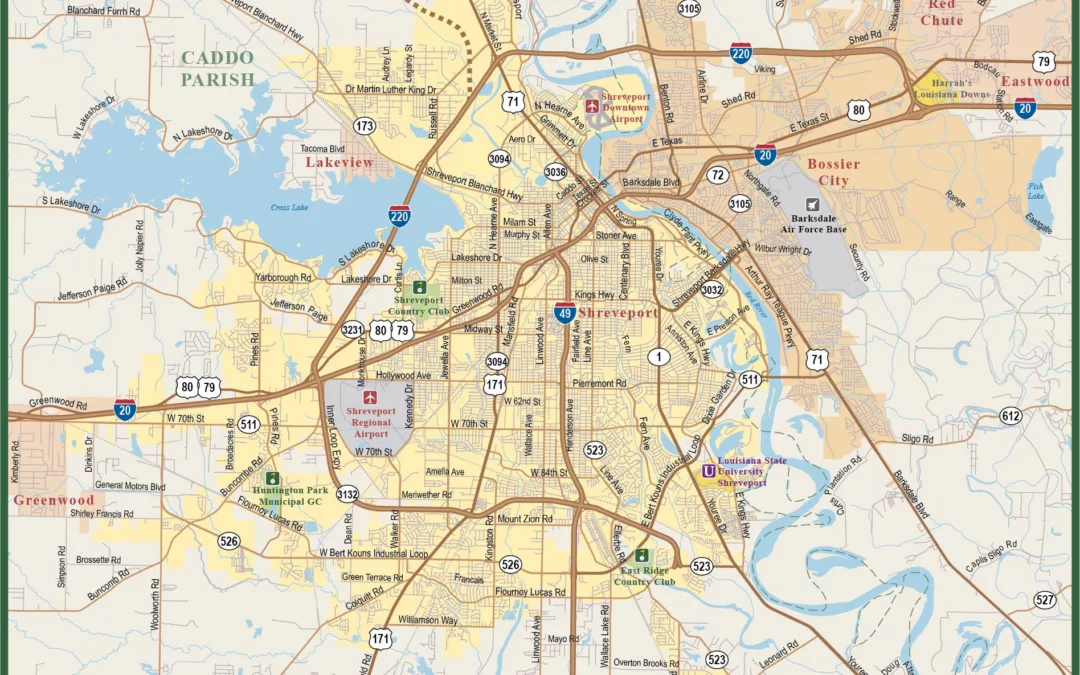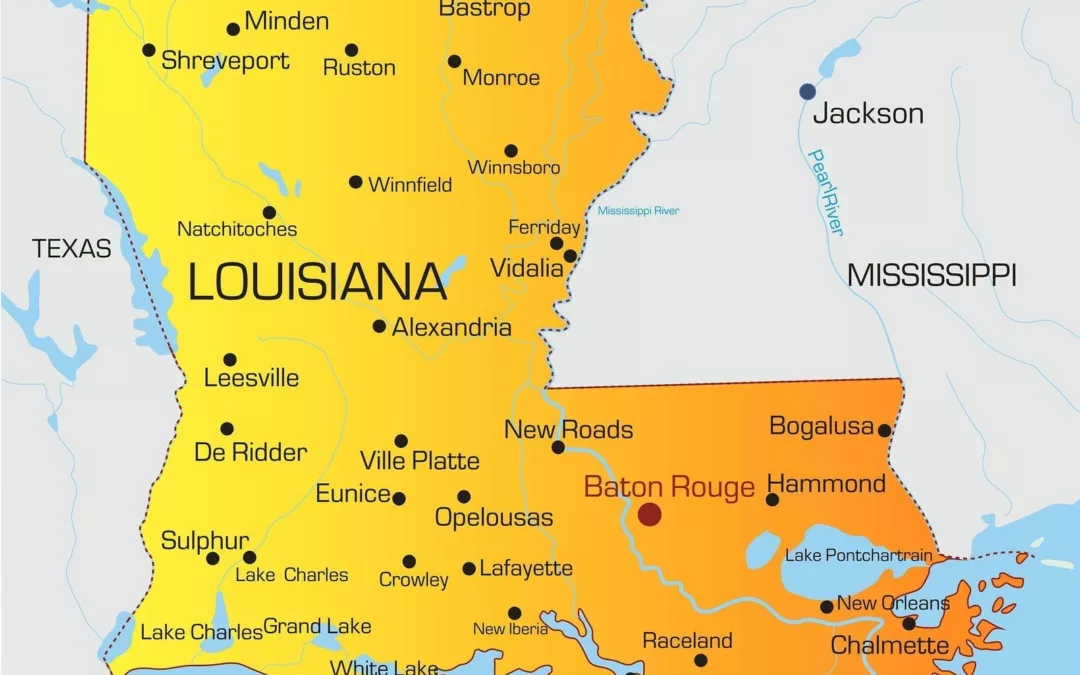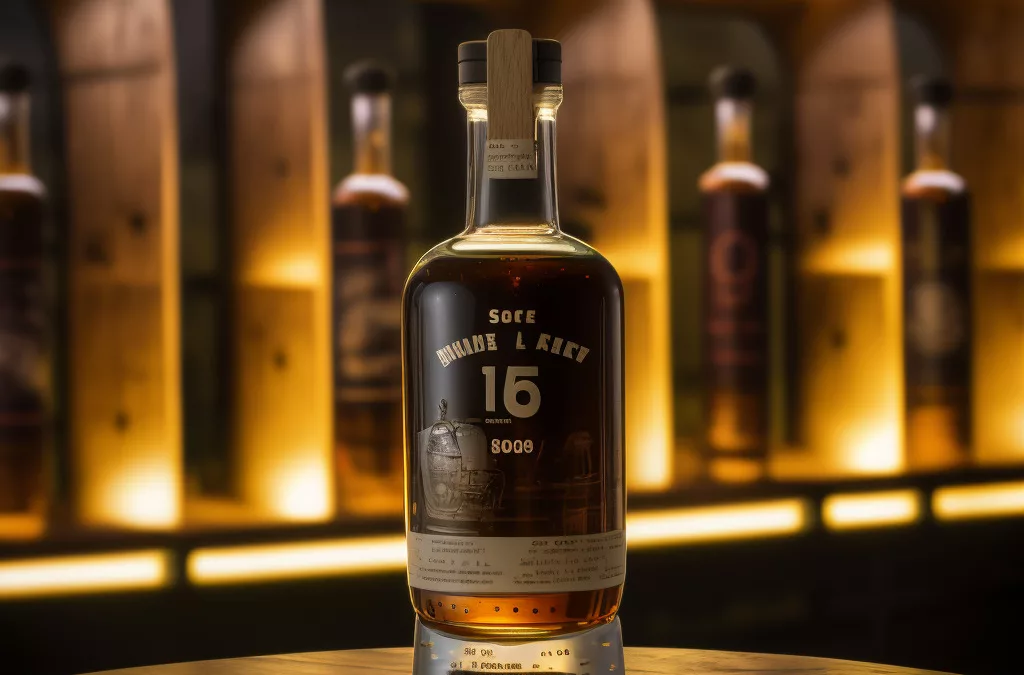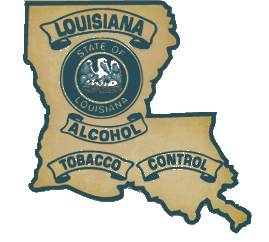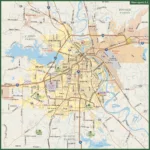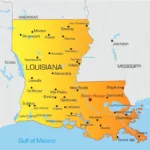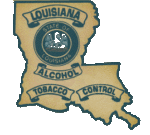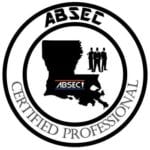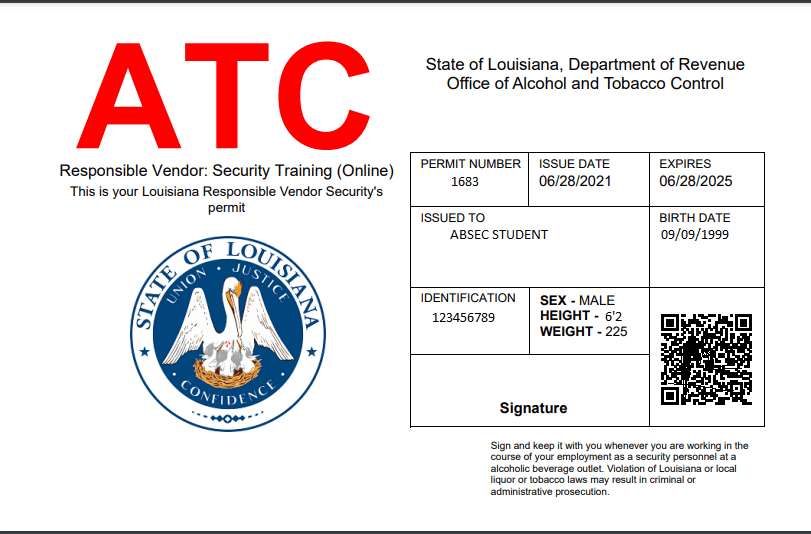
Responsible Vendor Certification Online: Your Ticket to Success in the Alcohol Industry
Hey there! If you’re in the business of serving and selling alcohol, then you already know how important it is to ensure the safety and well-being of your customers. One way to do that is by obtaining Louisiana ATC certification. In this ultimate guide, I’ll walk you through everything you need to know about responsible vendor certification online. As an experienced educator in the industry, I’m here to share my insights and help you navigate the process like a pro.
Understanding Responsible Vendor Certification
What is Louisiana Responsible Vendor Certification?
Responsible vendor program certification is more than just a fancy title. It’s a credential that demonstrates your commitment to promoting safe and responsible alcohol consumption. This certification is required by law for individuals working in establishments that serve alcohol, whether you are a manager, bartender, server, or seller. It’s designed to educate you on alcohol laws, how to identify signs of intoxication, prevent underage drinking, and handle difficult situations with customers. It’s all about creating a safe and enjoyable environment. After completion of a vendor training program, you should receive and print your temporary certificate. Your permanent certificate will usually be available on the Louisiana ATC website in about two weeks. An employee must complete the course in a classroom or through an online responsible vendor training program within 45 days of hire to avoid being found in violation and possibly paying a fine or facing a suspension of their alcohol license.
Choosing the Right Online Training Course
Now that you’ve decided to pursue this certificate, it’s time to choose the right online course. Trust me; there are plenty of options out there. Here are a few factors to consider:
Accreditation and Legitimacy – Responsible Vendor Act Compliance
Make sure the responsible vendor course you choose is accredited and recognized by the Louisiana ATC and that the entity is compliant with the Louisiana Responsible Vendor Training requirements. You don’t want to waste your time and money on a certification that holds no weight in the industry. Look for reputable, approved providers that are well-known for their quality programs and meet or exceed the mandatory training requirements. Some students have taken an alcohol compliance course from a provider under the Florida Responsible Vendor program and found that it was worthless in Louisiana.
Curriculum and Course Content Must Meet the Requirements
Take a close look at the course curriculum. Is it comprehensive? Does it cover the key topics necessary for responsible alcohol service? Look for courses that include modules on alcohol laws, recognizing signs of intoxication, preventing underage drinking, and handling difficult customers. The more thorough the curriculum, the better equipped you’ll be to handle real-life situations.
“I remember taking an ABSEC certification course a few years ago, and the curriculum was a game-changer. It provided practical examples and case studies that helped me understand the nuances of responsible alcoholic beverage service. Those real-life scenarios prepared me for what I would encounter on the job.”
Flexibility and Convenience
One of the perks of online certification is the flexibility it offers. Look for a course that allows you to learn at your own pace and fits into your busy schedule. Online courses provide the convenience of accessing materials and completing modules from anywhere, anytime. This flexibility makes it easier for working professionals like you to balance work and certification requirements.
The Curriculum of Responsible Vendor Certification Courses
Now let’s dive into the meat of the certification course. Here are some of the key topics you can expect to encounter:
Alcohol Laws and Regulations
It’s essential to have a solid understanding of the laws and regulations governing the sale and service of alcohol. The course should cover topics like legal drinking age requirements, serving hours, licensing regulations, and penalties for non-compliance. Knowing the rules will help you stay on the right side of the law. A program that teaches you what is required for the alcohol and tobacco control commission to certify you must meet the requirements of legally selling and serving alcohol as defined by the Responsible Vendor Act.
Identifying Signs of Intoxication
As someone serving alcohol, it’s crucial to recognize the signs of intoxication. The course should teach you how to spot the physical and behavioral cues that indicate someone has had one too many. Understanding these signs will allow you to intervene and prevent potential incidents.
Preventing Underage Drinking
Serving alcohol to minors is a big no-no. The certification course should equip you with the knowledge and techniques to prevent underage drinking. Learn how to check IDs, identify fake IDs, and handle situations where minors attempt to purchase alcohol.
Handling Difficult Situations and Customer Interactions
Dealing with difficult customers is inevitable in the service industry. The responsible vendor certification course will provide you with strategies and tips for handling challenging situations effectively. From dealing with aggressive behavior to defusing tense situations, you’ll gain the skills necessary to maintain a safe and respectful environment for everyone involved.
Techniques for Responsible Alcohol Service and Sales
Responsible alcohol service is not just about pouring drinks—it’s about promoting moderation and responsible consumption. The course will teach you techniques for monitoring alcohol consumption, offering alternatives, and ensuring the well-being of your customers. By implementing these techniques, you can play an active role in preventing alcohol-related incidents.
Benefits of Online Responsible Vendor Program Certification
Now that you have a good grasp of what responsible vendor certification entails let’s explore the benefits of pursuing it online:
Flexibility to Learn at Your Own Pace
Unlike in-person training, online certification allows you to learn at a pace that works for you. Whether you prefer to power through the modules in a day or take your time over a few weeks, the choice is yours. This flexibility ensures that you can balance your professional and personal commitments while pursuing certification.
Cost-Effectiveness
Traditional in-person training can be expensive, with costs for travel, accommodation, and course fees adding up. Online responsible vendor certification courses are often more affordable, allowing you to save money without compromising on the quality of education. Plus, you can avoid additional expenses like transportation and accommodation.
Accessibility from Anywhere
With online certification, you can access the course materials and complete the modules from anywhere with an internet connection. This accessibility is especially beneficial for individuals who may not have training providers nearby or have busy schedules that make attending in-person classes challenging. All you need is a computer or mobile device, and you’re good to go.
“When I decided to pursue responsible vendor certification, I opted for an online course. As someone with a hectic schedule, the flexibility and accessibility were game-changers. I could study during my lunch breaks, late at night, or whenever I found a spare moment. It made the certification process much more manageable and convenient for me.”
Tips for Success in Responsible Vendor Certification Online
To ensure you get the most out of your online responsible vendor certification course, here are some tips for success:
- Stay Organized: Create a study schedule and stick to it. Dedicate specific time slots each week to focus on the course materials and assignments. This will help you stay on track and avoid last-minute cramming.
- Actively Participate: Online courses often have discussion boards or forums where you can interact with instructors and fellow learners. Take advantage of these platforms to ask questions, share experiences, and learn from others. Active participation enhances your understanding and allows you to engage with the material more effectively.
- Apply What You Learn: As you progress through the course, try to apply the concepts and principles in your everyday work. This hands-on approach will reinforce your understanding and make the information stick. The more you integrate responsible alcohol service practices into your job, the more natural and effective they will become.
- Remember that you must attain a score of 70 or above on the final test to earn your permit.
Maintaining Responsible Vendor Server Certification: Ongoing
Congratulations! You’ve successfully completed your responsible vendor certification online. But the learning doesn’t stop there. Here’s what you need to know about maintaining your certification:
Renewal Process and Validity Period
Responsible vendor certifications typically have an expiration date. Make sure to mark your calendar and keep track of when your certification needs to be renewed. The renewal process may involve completing a refresher course or passing an assessment. Stay on top of these requirements to ensure that your certification remains valid.
Continued Education and Growth
To stay at the top of your game, it’s important to continue your education and seek opportunities for professional growth. Stay updated with industry changes, new regulations, and best practices related to responsible alcohol service. Attend workshops, conferences, or webinars that offer advanced training and insights. By investing in your ongoing education, you demonstrate your commitment to excellence and continuous improvement.
Conclusion: Congratulations on reaching the end of this ultimate guide to responsible vendor certification online! By obtaining this certification, you’re taking a proactive step toward promoting safe and responsible alcohol service. Remember, it’s not just a piece of paper—it’s a testament to your dedication to the well-being of your customers and the community.
As an experienced educator in the industry, I hope this guide has provided you with valuable insights and practical tips for navigating the online responsible vendor certification process. From choosing the right course to understanding the curriculum and reaping the benefits of online learning, you’re now equipped with the knowledge to make informed decisions.
So, what are you waiting for? Take action today, enroll in a reputable online responsible vendor certification course, and embark on your journey to becoming a responsible and knowledgeable alcohol service professional. Cheers to your success and the safer enjoyment of alcohol for all!
